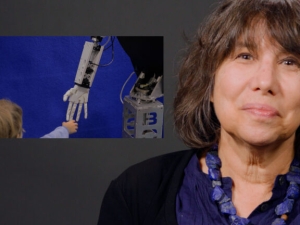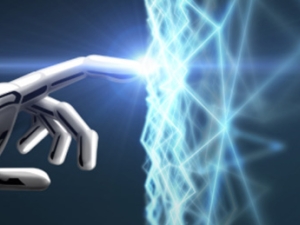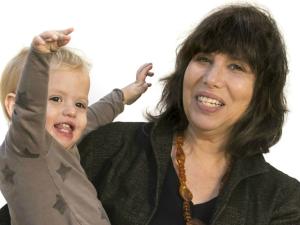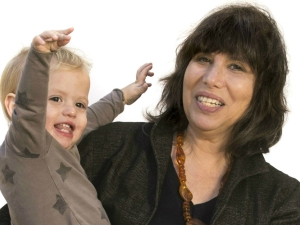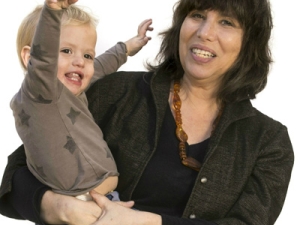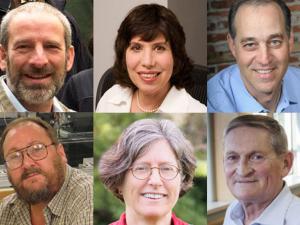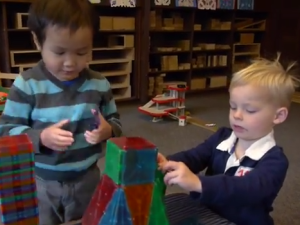

Research Bio
Alison Gopnik is a Professor of the Graduate School in the Department of Psychology. Her research explores how young children come to know about the world around them. The work is informed by the "theory theory" -- the idea that children develop and change intuitive theories of the world in much the way that scientists do. Most recently, we have been concentrating on young children's causal knowledge and causal learning across domains, including physical, biological and psychological knowledge. In collaboration with computer scientists, her research group is using the Bayes Net formalism to help explain how children are able to learn causal structure from patterns of data, and they have demonstrated that young children have much more powerful causal learning mechanisms than was previously supposed. They are collaborating with computer scientists to design AI systems that can do the same.
Research Expertise and Interest
A.I., learning, philosophy, psychology, cognitive development, theory of mind, young children, children's causal knowledge, Bayes Net formalism
In the News
Why Studying Children’s Minds Could Help Us Build Better AI
Fall Research Exchange Series Tackled AI Framing, Learning Models and Safety
Psychologist Alison Gopnik wins Carl Sagan prize for promoting science
Psychologist Alison Gopnik wins lifetime achievement award
Kids are smarter than adults when solving certain problems
Six UC Berkeley faculty elected AAAS fellows
Preschoolers outsmart college students at figuring out gizmos
Preschoolers can be smarter than college students at figuring out how unusual toys and gadgets work because they’re more flexible and less biased than adults in their ideas about cause and effect, according to new research from UC Berkeley and the University of Edinburgh.
Q&A: Alison Gopnik on babies and learning
Best-selling author Alison Gopnik, a professor of psychology, discusses her research and UC Berkeley’s long history of focusing on how children learn. She and colleagues recently formed the Center for Developmental Cognitive Science to model the next generation of artificial intelligence on principles gleaned from children’s ability to learn rapidly, explore and reason.
Scientists Tap the Genius of Babies and Youngsters to Make Computers Smarter
UC Berkeley scientists are tapping the cognitive smarts of babies, toddlers and preschoolers to program computers to think more like humans.

